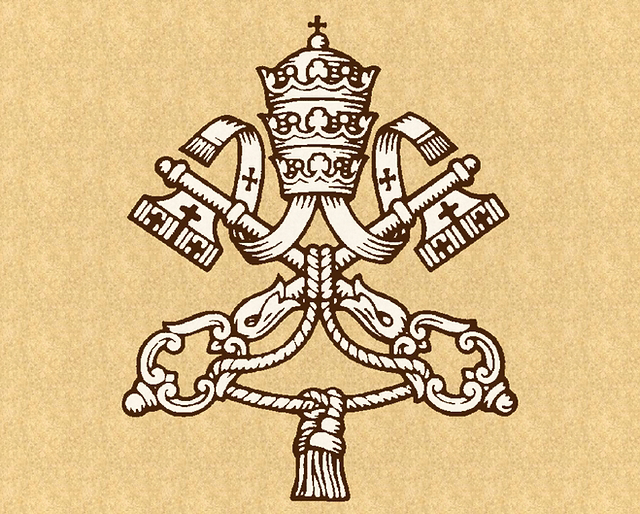How do you explain the idea that the reality we experience is the reality we create? What, then, is "real"?
The below post is an answer I gave to a question asked of me on the site "Quora." I have republished it here. You can find the original answer at: https://www.quora.com/profile/Parker-Zurbuch/answers
Reality is, by definition that which is real. That which is real, exists. And that which exists, does not, not exist. So what then does not, not exist? Well, everything that is. Everything that is has being. Something cannot exist unless it is, and therefore that which is not, does not exist.
How then can reality, what is real, be that which we create? What is real—what exists, exists whether we think it exists or not. It thus can be concluded that our perception does not create reality. What we consider perception is either true or not true. Some may have true perceptions and others may have false ones. One person can have both true and false perceptions of various forms of reality, but in regard to the question of reality itself, one can either believe that reality is true or that it is false. Both cannot be true. Either reality is true or it is false. Something is either real or it is not. It cannot be both.
If you are looking for a “rational” explanation, I do not think one can argue that reality is what we create. Relativism (the idea that truth is created by the truth-seeker, or that truth simply does not exist) is a very old philosophy, but it is inherently flawed. For example, If I create my own truth, is that statement true, or is it false? If truth does not exist, how can that be true if truth does not exist? This line of thinking is very attractive, for it often seeks to not hurt or offend people with the truth—and for this reason, along with others, is very popular in much of modern Western Culture—but it is not a “rational” philosophy. Such ideas are, by definition, the opposite of Philosophy. Philosophy is not just “thinking” or “communicating ideas”—for I can think of many things that do not exist—but, it is truly the “study of wisdom/truth.” One cannot make a philosophy based upon truth being non-existent or determined by the individual. This would be a contradiction and in the realm of the imagination, not Philosophy.


Comments
Post a Comment